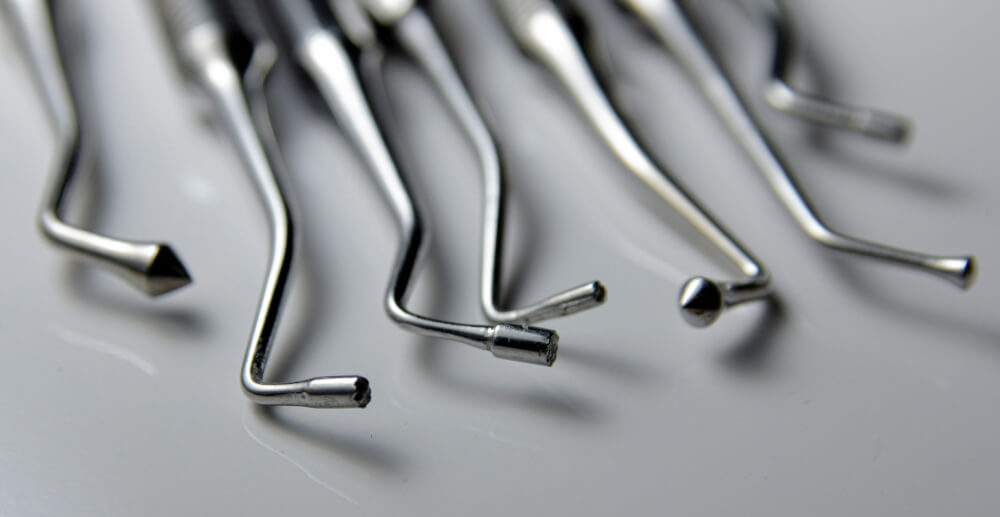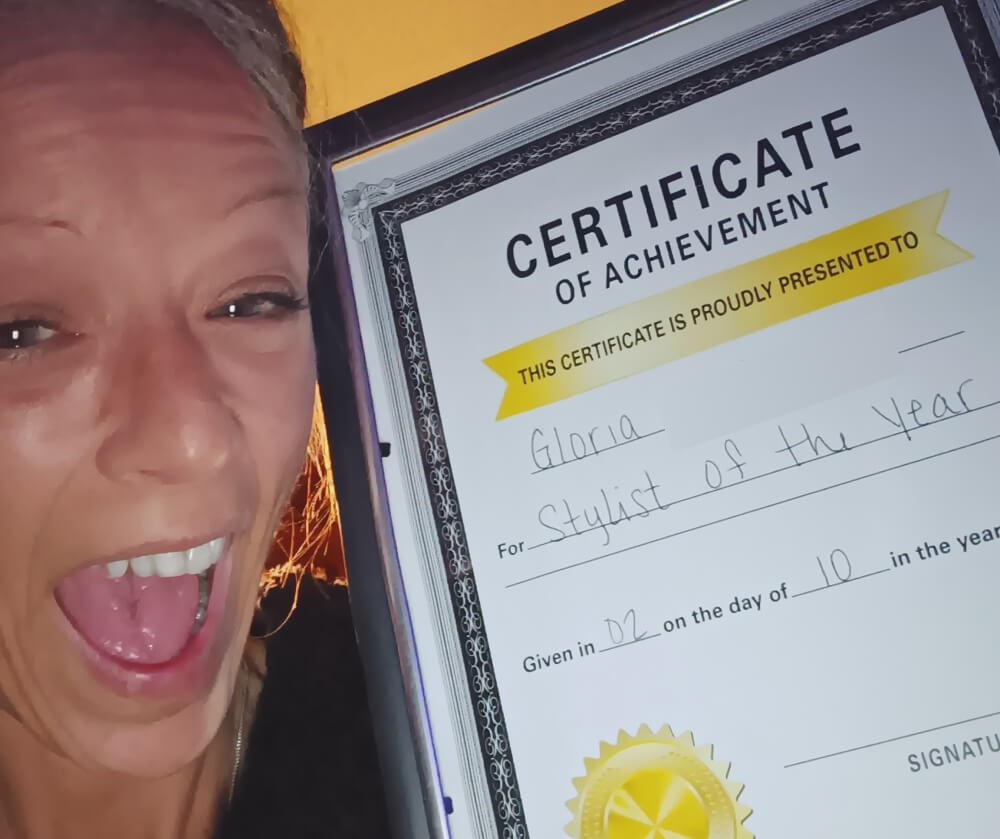I know what you’re thinking. These days it feels like everything is an “addiction”: video games, plastic surgery, tattooing, pornography, piercing … and now drama? Come on. I’m with you; it sounds farfetched. But unfortunately, you can be addicted to drama. It’s not as uncommon as you think.
So, I’m kind of a drama queen
We’ve all heard the term “drama queen,” but psychologists call this maladaptive personality trait “NFD” (Need For Drama). It’s also known colloquially as being a “drama addict.”
My boyfriend and one of my best friends called me out for creating unnecessary drama and saying I was “addicted” to it. I was offended, but deep down, I knew there was some truth to the accusation. I thought that maybe it was because my life had been chaotic for so long (starting in early childhood), that drama felt like homeostasis to me—familiar, no matter how uncomfortable. After diving into the research for this article, I discovered that that’s probably part of it, but there’s more to it. Much more.
Emotion and biology play a part
“The research identifies three key components of NFD—interpersonal manipulation to control others’ behaviors and reactions or to meet a personal need or goal; impulsive, uncontrolled outspokenness (often with fabrication or exaggeration) when they share thoughts, stories, and opinions; and persistent perceived victimhood, “ writes Lesley Finlay, MFA.
Meredith Van Ness, LCSW, founder of Balanced + Well says that people with NFD “may also have difficulty regulating their emotions and may rely on drama as a way to cope with stress or feelings of loneliness.” She continues on to say that people addicted to drama seek it out due to boredom, a need for excitement, or a distraction from deeper psychological issues. They might also just want attention.
And of course, like most addictions and process disorders, there are biochemical underpinnings at play. Witnessing or engaging in some good drama can trigger the release of neurotransmitters like dopamine, adrenaline, and cortisol. We all know the feeling when our hearts pounding as we argue with someone. It’s like that; just for a minute, we get to feel mad and energized instead of sad and lethargic.
What do we get out of drama addiction?
Last year. Dr. Scott Lyons, wrote a book called “Addicted to Drama” born out of his own addiction to crisis, something that he has researched for over 10 years. When he first started exploring it, most of what he found were shaming articles about seeking attention as Meredith Van Ness spoke of. But he came to realize that the issue is much more complex than that. On a podcast with host Sheleana Aiyana, Dr. Lyons says that drama addiction is “a way of escaping our own trauma by chasing the drama.” I think his view offers us a much more compassionate view of those with an “addiction to drama.” In effect, it’s a coping or survival mechanism. Yes, it’s maladaptive, for sure. But the underlying goal, like so many other addictions, is to escape pain.
Okay, so what is “drama?” In that podcast episode, Dr. Scott Lyons defines drama as “the unnecessary turmoil and the exaggeration and intensification of experience and emotions that brings us further into that turmoil.” He goes on to say, “Our addiction is our attachment or dependency on something, meaning that it serves some purpose.”
Addiction to drama serves the purposes of distraction from an even deeper wound, giving sensation to escape numbness from disassociation or feeling like we don’t matter, and—of course—filling a void. Even the surface goal of “getting attention” can come from childhood trauma, when we didn’t feel seen or heard by a primary caregiver. We learned that, hey, create some drama and all eyes and ears are on you! Again, it’s not the greatest coping mechanism, but it’s often effective nonetheless. Some people also just unconsciously adopt this coping strategy because they grew up with caregivers who were in crisis all the time.
Drama addiction and other addictions go hand-in-hand
I was reflecting on how chaotic active addiction is and the thrill you can get from copping, eluding death, risk-taking, hiding your use, etc. Many people in early recovery complain that it’s “boring” because life lacks those big highs and deep lows. It’s hardly surprising that I, and other people in recovery, would find other ways to feed the need for drama and excitement. And of course, the people around us—the partners, the parents, the enablers—can sometimes also be addicted to drama, because addiction is just a perpetual crisis. Trying to save another person can be a fabulous distraction from your own crap.
We don’t have to wallow in drama
But fear not, there is a way out of this (although experts differ on what that is). Some say drama addiction is so subconscious that the only way to recover is through somatic exercises—basically going through the body. Other people recommend exploring the primary feeling that is driving the drama, to discover what it is that you really need. Still others suggest specific strategies:
- refraining from gossip
- avoiding black and white thinking
- practicing letting go and forgiveness
- going on a “mental diet,” where you are mindful of dramatic shows you are consuming.
A big recommendation is getting comfortable with stillness and realizing that peace is not boring.
The bottom line is if that if NFD is a learned behavior, it can be unlearned. And if it’s a coping mechanism that you’re using to meet a need, you can look into how else you might meet that need. If you seek out drama in romantic relationships, you can find ways to create excitement in partnerships in other healthier ways. Skydiving anyone?
Personally, I’m ready to retire my crown as a drama queen, and I think awareness is the first step. Now that I’m a bit older, all that drama is just too emotionally and physically draining. I don’t expect overnight change, but I am excited to start my drama-free lifestyle. I think my adrenal glands and cortisol levels will thank me, too.








